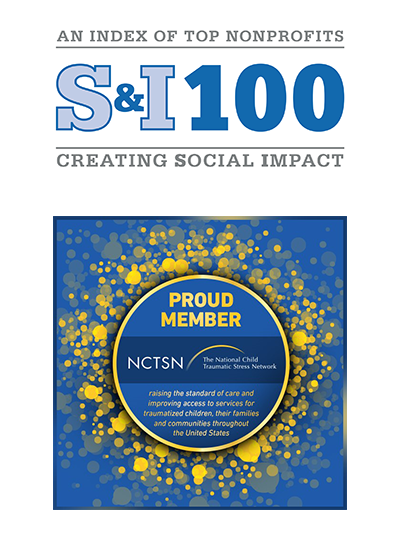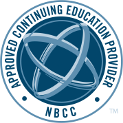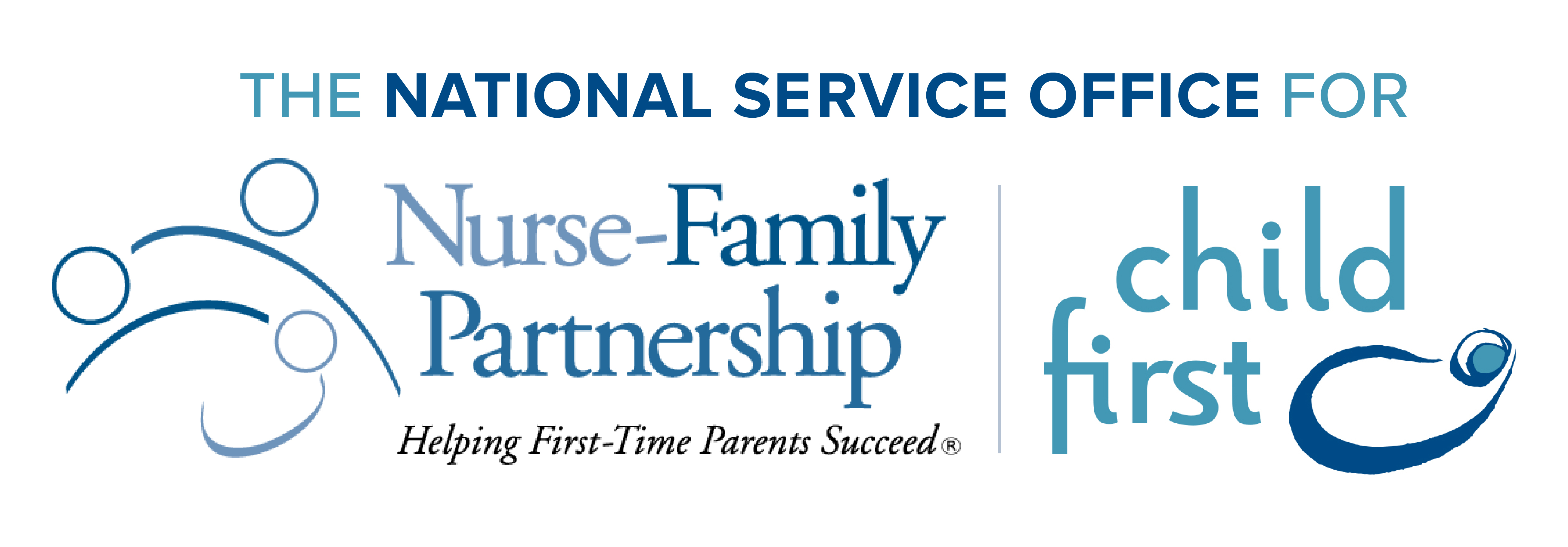Child First provides extensive training and technical support for staff:
-
Learning Collaborative
Four in-person Learning Sessions, interspersed with action periods of practice and continual improvement over a 6-8 month period, for new Affiliate Agencies or major expansion -
Trauma-informed Child-Parent Psychotherapy (CPP) Training
Generally incorporated as part of the Learning Collaborative -
Distance Learning
On-line, guided, web-based Learning Modules and Video-conferencing, incorporated as part of the Learning Collaborative and for ongoing training -
Reflective Clinical Consultation and Technical Assistance
Individually with each affiliate agency - New Staff Training
1. Learning Collaborative
Child First uses the Learning Collaborative methodology for start-up training at agencies new to Child First or for major expansion of capacity. This is a 6-8 month process which brings together staff from multiple new affiliate sites in a single location to learn together.
Child First Clinical Faculty provide the training. This includes current members of our National Program Office Clinical Leadership Team, Child First Clinical Faculty (who are guest presenters), and may include regional Clinical Faculty who reside in the geographic location where replication is occurring.
The components of the Child First Learning Collaborative include:
Child First Affiliate Site Clinical Director/Supervisor Training:
This training is designed to help new Child First Clinical Directors and Supervisors learn the skills necessary to lead a Child First affiliate site. Training includes Fundamentals of the Child First model and underlying theory of change; roles of the State Clinical Director, site Clinical Director, and Clinical Supervisors; reflective clinical supervision; use of video in intervention and supervision; implementation of Distance Learning with on-site discussions, activities, and observations; the referral process and prioritization; accessing community services; staff safety within the community; and the development of the Child First Community Advisory Board.
Learning Sessions:
Learning Session 1: This is a 2-day training designed for new Child First providers to learn the basic components of the model, gain foundational knowledge around toxic stress and ACEs, understand the importance of early relationships, and understand how Child First is integrated into the local early childhood system of care. It also provides training in the use of Distance Learning tools.
Learning Session 2: This is an intensive 2-day session which follows a 3-week period of online learning (see Online Section 1 below) in which the staff learn fundamental content. This is a highly interactive training that includes attachment theory and the relationship-based, psychodynamic approach used in infant- and child-parent psychotherapy. It covers the use of video in intervention with families, therapeutic and interactive play, executive functioning, mental health consultation in early care and education, understanding the strengths and vulnerabilities of families, and the development of the formulation and treatment plan. It also includes working with caregivers affected by depression, substance abuse, and interpersonal violence, with strategies to help them with emotional regulation.
Learning Sessions 3 and 4: Reinforcement of basic model tenets and procedures, plus additional technical and theoretical didactic and experiential sessions constitute the core of these sessions.
2. Child-Parent Psychotherapy
Child-Parent Psychotherapy (CPP) is taught by a certified CPP trainer. There are three sessions (the first lasting four days, and two “boosters” lasting two days each) which are embedded within the Child First Learning Collaborative over the 12-month period. The first day of the first session is provided for all staff, and the subsequent training is for Clinicians and Clinical Directors only. The training also includes 18 months of phone consultation with the CPP trainer.
3. Distance Learning
Child First has developed a blended training model that incorporates distance learning using web-based technology between on-site Learning Sessions. During each Online Training Period, staff will utilize narrated powerpoints, videos, guided discussions, observations, exercises, activities, process notes, and readings. The online training is delivered in two ways:
- Online training modules covering foundational information completed by each individual independently. These are self-guided, narrated modules with powerpoint and video.
- Online training modules covering foundational information completed by site staff together as group, with the guidance of the affiliate site Clinical Director, or as a Network, with the guidance of the State Clinical Director.
The Online Training Periods occur between Learning Sessions. These provide foundational knowledge which prepares all staff for the subsequent Learning Session and for the direct work with children and families. All modules are able to be reviewed at any future time to reinforce learning or when the topic is especially relevant to a specific family. Powerpoints from in-person training presentations will also be available online for future review.
- Online Training Period 1 is completed between Learning Sessions 1 and 2. It covers the Child First process, the roles of the Mental Health Clinician and Care Coordinator, infant and early childhood development and normal developmental challenges, the psychological transition into parenthood, attachment, executive functioning, psycho-social risk and protective factors, and the Child First Assessment Protocol.
- Online Training Period 2 is completed between Learning Sessions 2 and 3. Training Period 2 will be covered immediately after Learning Session 2, prior to beginning work with families. It includes the Child First Fidelity Framework, quality enhancement, and safety for both staff and family. Online Training Period 2 should be completed before Learning Session 3, but may be accessed at any time as needed. Learning Period 3 also offers a seerives of presentation designed to train new staff on the use of the Abecedarian Approach in the context of their Child First practice.
4. Child First Reflective Clinical Consultation and Technical Assistance
Reflective, Clinical, Site-based Consultation:
Each new Child First affiliate site receives reflective, clinical consultation by the State Clinical Director or a Senior Clinical Consultant weekly for 6 months and then biweekly for 6 months. This includes working both individually with the affiliate site Clinical Director for 1 hour and with all teams in a group format for 1 ½ hours. After 12 months, the affiliate Clinical Director assumes full responsibility for the ongoing group reflective supervision at his/her site. He/she will continue to receive biweekly individual consultation from the State Clinical Director or Senior Clinical Consultant. (If the Clinical Director is receiving weekly, individual, reflective clinical supervision from a senior clinician who has knowledge of infant and early childhood mental health and the Child First model and is employed by his/her agency, this consultation may be monthly.)
Clinical Directors’ Network Meeting:
All Clinical Directors/Supervisors meet on a monthly basis for a combination of clinical consultation around their own cases and the reflective supervisory process, and administrative consultation around the Child First implementation process. This is an opportunity for the Clinical Directors to share both their challenges and successes with their colleagues, in order to facilitate peer learning and quality enhancement. This meeting is facilitated by the State Clinical Director.
5. Staff Accelerated Training (STAT)
The STAT program was developed to provide a comprehensive accelerated curriculum of trainings for new staff of existing Child First agencies. Four trainings provide staff, who already have the support of experienced Clinical Supervisors and team partners, with the critical elements of each component of the Child First Model. Using a combination of didactic and experiential activities, video review and case examples, staff acquires core knowledge in four distinct phases that mirror the Learning Session content, but are delivered in 1-2 day sessions over a period of 4 consecutive months.







